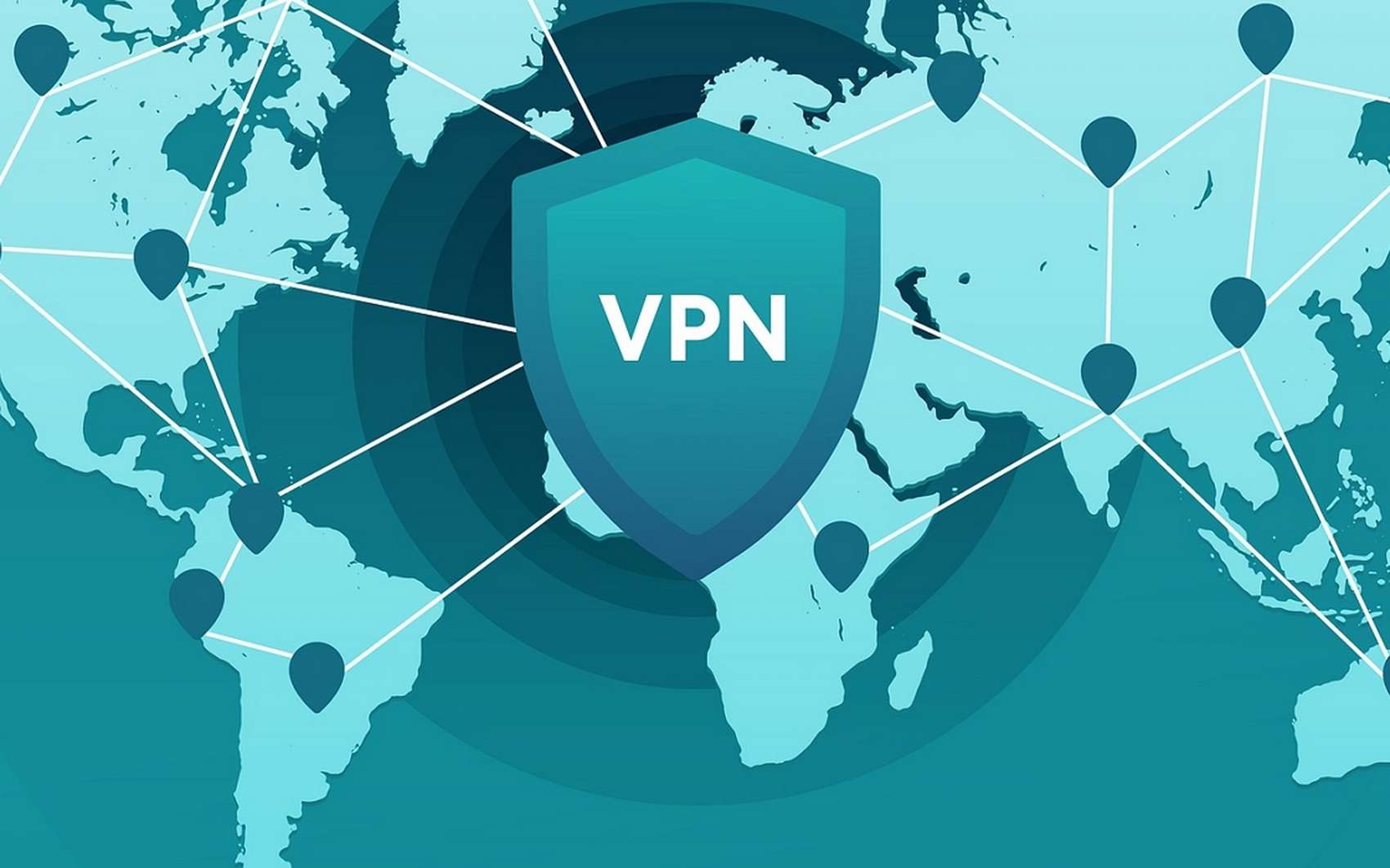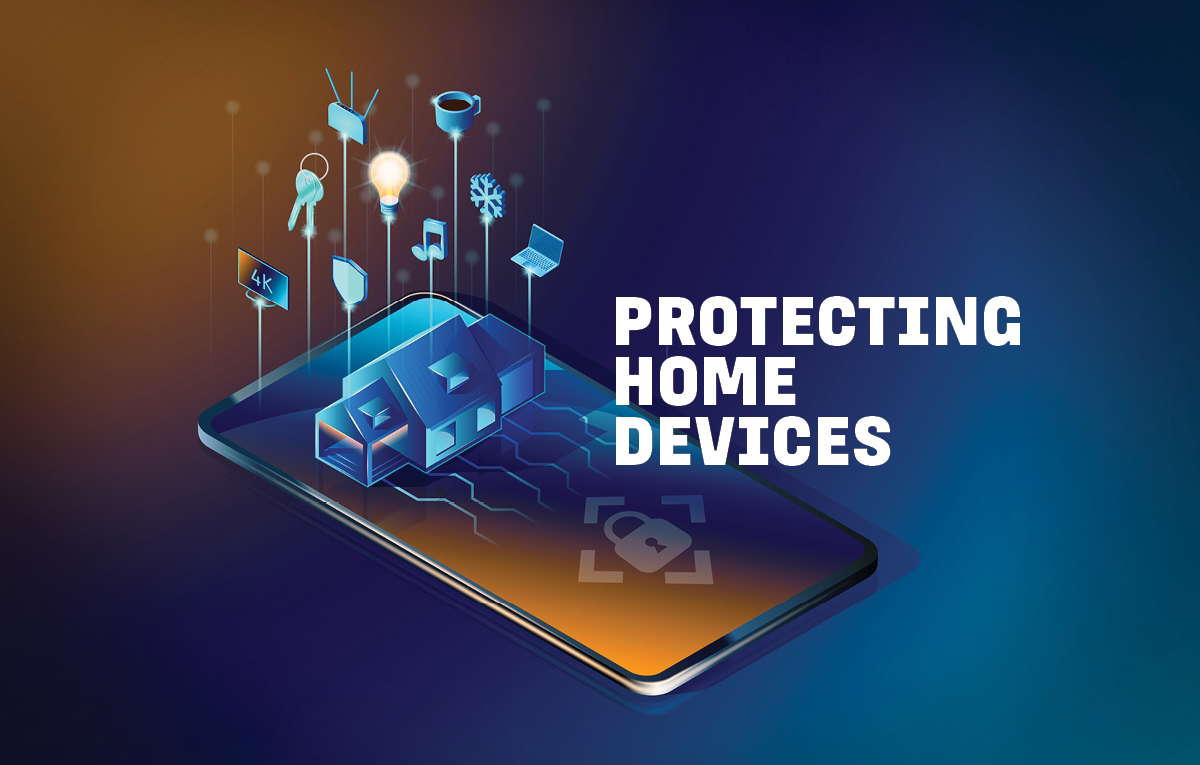justineanweiler.com – In today’s interconnected world, where almost every aspect of our personal and professional lives takes place online, cybersecurity has become a top priority. One of the most effective tools for enhancing online security is a Virtual Private Network (VPN). Below, we explore the key benefits of using a VPN to safeguard your digital presence.
1. Enhanced Privacy
A VPN encrypts your internet connection, ensuring that your online activities remain private. This means your browsing history, personal information, and communication are shielded from prying eyes, including your Internet Service Provider (ISP), advertisers, and even hackers. With a VPN, you can browse the internet without leaving behind a trail of your activities.
2. Secure Data Transmission
When you use public Wi-Fi networks, your data is vulnerable to interception by cybercriminals. A VPN secures your connection by encrypting the data transmitted between your device and the internet. This is particularly crucial for activities like online banking, shopping, or accessing sensitive work documents, as it prevents unauthorized access to your information.
3. Protection Against Cyber Threats
VPNs offer an additional layer of defense against cyber threats such as phishing attacks, malware, and hacking attempts. By masking your IP address and encrypting your data, a VPN makes it significantly harder for attackers to target you. Some advanced VPNs also come with built-in malware protection and ad-blocking features.
4. Anonymity Online
A VPN allows you to browse the internet anonymously by masking your IP address and replacing it with one from a remote server. This makes it challenging for websites, advertisers, and even governments to track your online behavior. Anonymity is especially important for journalists, activists, and anyone working in regions with restricted internet access.
5. Bypass Geo-Restrictions
While primarily a security tool, a VPN also enables users to bypass geo-restrictions and access content unavailable in their region. This can be beneficial for accessing streaming services, news sites, or other online platforms that are blocked due to location-based restrictions. Importantly, this feature should always be used in compliance with the laws of your jurisdiction.
6. Secure Remote Work
In the era of remote work, VPNs are essential for businesses and employees. They provide a secure channel for accessing corporate networks, ensuring that sensitive company data remains protected. This is particularly important for organizations handling proprietary or confidential information.
7. Prevent ISP Throttling
Some ISPs throttle bandwidth for certain activities like streaming or gaming. A VPN hides your activity from your ISP, making it difficult for them to selectively slow down your connection. This can result in a smoother and faster online experience.
Conclusion
A VPN is more than just a tool for privacy; it’s a comprehensive solution for enhancing your online security. By encrypting your data, protecting your identity, and securing your connection, a VPN empowers you to navigate the digital world with confidence. Whether for personal use or professional needs, investing in a reliable VPN is a crucial step toward safeguarding your online presence.
If you’re considering a VPN, make sure to choose one with strong encryption standards, a no-logs policy, and servers in multiple locations. With the right VPN, you can take control of your online security and enjoy peace of mind in today’s digital landscape.





